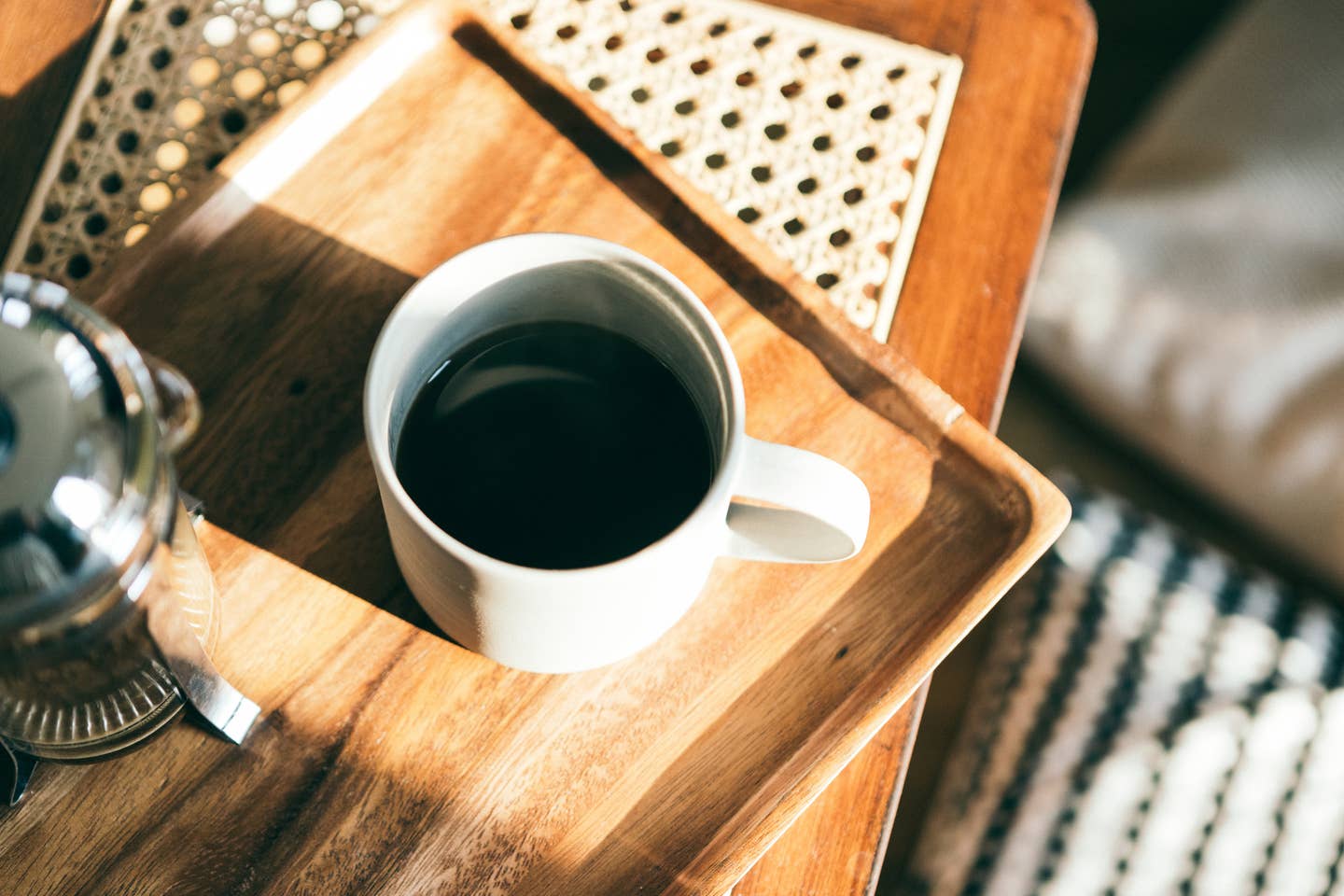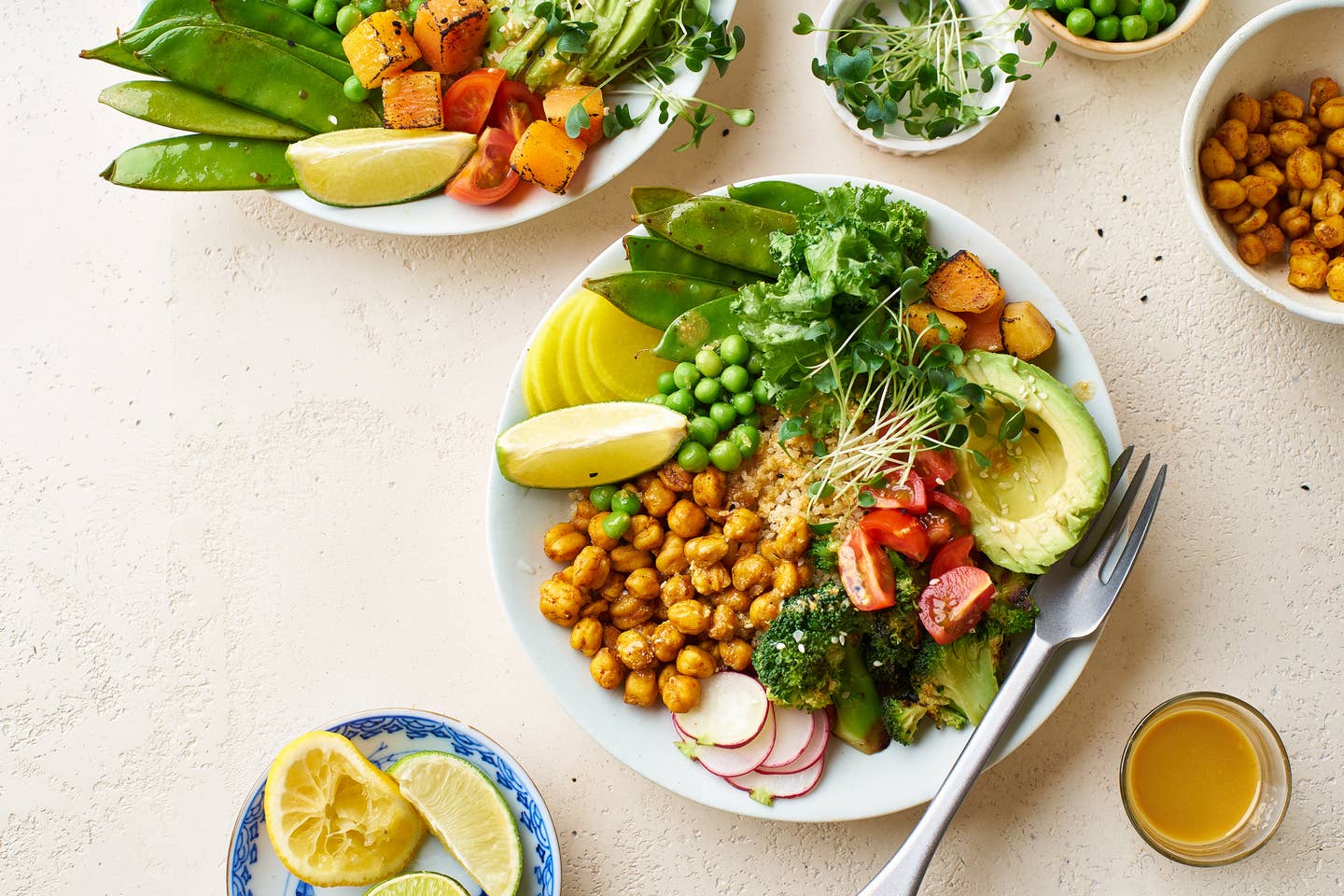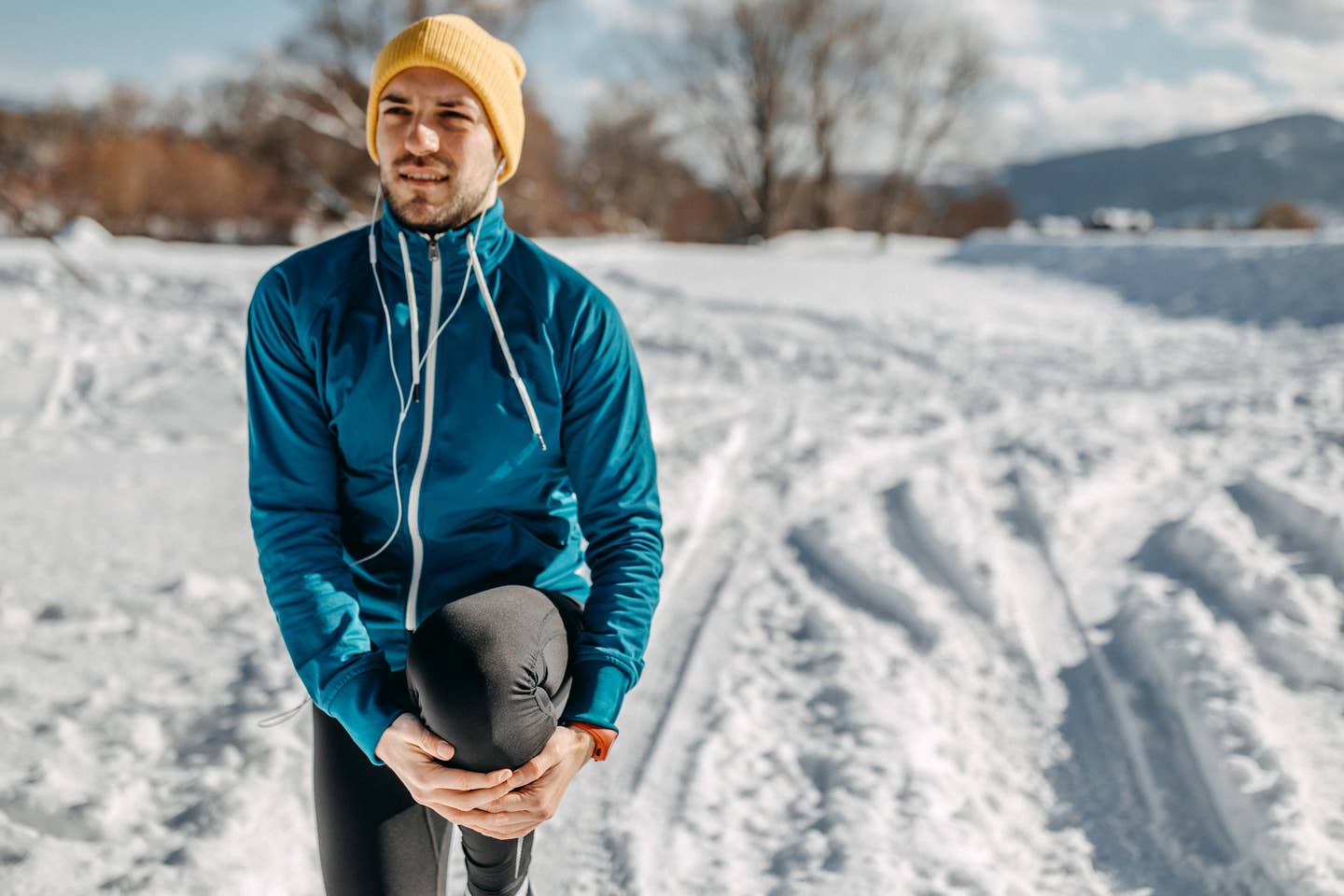
Why Drinking Too Much Coffee is More Dangerous For Women Than Men
While everyone focuses on the health benefits of coffee there may be even more positives to kicking your caffeine habit, especially if you're a woman. Coffee appears to affect women more than men, according to a doctor. Anecdotally, I decided to try giving up coffee months ago, and have since discovered the benefits of going caffeine-free, including better sleep, less anxiety, more energy and productivity, and a greater sense of calm.
Coffee is the top source of antioxidants in the American diet, according to Molly Maloof, MD who is based in Silicon Valley and works independently with companies and brands to help patients extend what she calls their "healthspan" which is a combination of lifespan and health. She also mentioned that coffee acts as an energy performance enhancement and suggests that caffeine is helpful if you're studying for a test or about to crush a sports challenge. At any rate, it's mindful to be aware of the pros and cons of loading up on caffeine, she tells us, and be conscious of the dangers of caffeine, especially for women who are trying to get pregnant.
Should You Give Up Coffee?
Maloof recently gave up coffee for health purposes and says it's important to regulate your caffeine intake and avoid it altogether under certain circumstances. She recommends trying coffee alternatives that contain less caffeine and instead offer natural focus boosters like adaptogens and medicinal mushrooms such as MUD\WTR, a natural coffee alternative that Maloof acts as a consultant for.
To first assess whether my driven schedule was being undermined by caffeine dependence Maloof asked me what she asks patients who drink coffee for energy and focus: What's driving your exhaustion? How is your sleep quality? What does your daily schedule look like? Are you multi-tasking too much? Are you going from one thing to another without a pause to decompress or reboot your brain? Are you exercising regularly? What do you eat and is it consistently healthy or unhealthy?
The reason for this overarching assessment is that oftentimes busy people turn to coffee as a crutch and it ends up making it even harder to focus and get things done. "Holding all these tasks in your brain takes a lot of energy," she said. Instead of reaching for your cup of joe for an energy jolt, try to manage your schedule better and write down all of the things you need to do for the day and have an order, suggested Maloof.
The Pros and Cons of Drinking Coffee
The Pros of Drinking Coffee:
- Coffee is loaded with antioxidants
- Coffee helps boost physical performance
- Coffee helps boost focus and is helpful when cramming for a test
The Cons of Drinking Coffee:
- The caffeine in coffee may contribute to miscarriages and fertility problems, according to a recent study.
- Caffeine makes it hard for people to fall asleep
- Caffeine can cause anxiety and stress
Is Drinking Coffee Bad for You?
We spoke to Maloof to put to get an expert's opinion on if you should be sipping coffee, or any high-caffeine drink for that matter, every day. The answer, of course, is more complex than just a simple yes or no.
The Beet: So is coffee actually good for us?
Dr. Molly Maloof: Coffee is good for some of us. It depends on the individual. it's one of the top sources of antioxidants in the American diet. Women, in particular, have to be more careful with the amount of coffee they drink than men do because we have so much estrogen in the body. Because estrogen and caffeine compete for a faster metabolism, if we drink too much coffee we can have too much estrogen, and too much toxic estrogen can result in estrogen-sensitive cancers, giving us raging PMS, PMDD, and more.
Maloof experienced all of these symptoms and says she gave up coffee to shift her hormones and said she instantly felt better. "I've been told for years that we shouldn't drink much coffee as women, and now I finally get it. If you're pregnant or trying to get pregnant, I highly recommend drinking as little coffee as possible because we are learning more and more about the risk of caffeine in early pregnancy loss and fertility."
"Every cup of coffee is like watching a scary movie. When you see something scary, your cortisol levels rise, and that stresses out the body. It's antithetical to being in a place where your body can relax into the idea of having children. a stressed body is going to have a hard time getting pregnant."
The Beet: How much caffeine does coffee have?
Molly Maloof: Typically, an espresso contains 60 mg, which is not very much. Espresso is a lot less caffeine than everyone thinks but normally a latte is two shots of espresso. A cup of coffee (small) is 100 mg but most people's cups of coffee are 200 mg. There are quite a lot of people, more so scientists, doctors, coders, and people in tech who tend to overdrink it and that's when things become problematic, then they're faced with chronic stress.
According to the Mayo Clinic, a safe amount of caffeine for healthy adults is 400 mg every day. More than that and you could have adverse reactions.
The Beet: What happens to the body when we are over-caffeinated?
Molly Maloof: The unfortunate thing is that a lot of people struggle with sleep. The thing people don't realize if they were to cut back on caffeine is the health benefits of sleep. Caffeine competes with the adenosine receptor (responsible for making us feel tired). Caffeine binds to the adenosine receptor so you don't feel tired anymore. Caffeine's main job is to prolong wakefulness which is great if you're trying to cram for a test but not great if you're trying to get proper sleep which will actually help you perform better the next day.
The Beet: What's the connection between anxiety and caffeine?
Molly Maloof: Let me explain something most people don't understand about anxiety and caffeine. There’s a concept of bioenergetic capacity, it’s literally how much charge you have in your cells to do the work that you need to do during the day for your bodily functions to function, and for your brain to work. There are all these demands that are adding stress to the body that can come from major life events like divorce, disease, chronic sleep deprivation, inflammation from infections, poor diets, relationship problems, work problems, noise pollution, air pollution, and so on and so forth.
When you combine the number of stressors that the body needs to be able to adapt, and the capacity the body has when the demands exceed our capacity for stress, the body, and brain go a little bonkers and start to break down. Therefore, we don't get as much energy to the brain that the body needs so we go into a state of fight or flight where our brain sends signals throughout our body such as, 'I don't have the resources to meet the demands,' and the body starts panicking, that's why need to live a lifestyle that generates bioenergetic capacity, that doesn't drain our energy.
The Beet: What healthy coffee alternatives do you suggest?
Molly Maloof: "Recently I discovered roasted matcha, which gives me some caffeine but doesn't make my head spin. I also love Mud/Wtr because it has a little bit of caffeine but it's not the main ingredient. It has chai tea, medicinal mushrooms, turmeric, herbs, and adaptogens, and it gives you the mouthfeel of coffee because it's rich. But it has way less caffeine than coffee, about 30 mg whereas a cup of coffee has 100 mg. For a lot of people, a small amount of caffeine is all you really need to get going. The mushrooms are great for immunity and brain function. If caffeine doesn't work for you or you're having trouble with hormones, try out Mud Wtr where the caffeine is diluted."
Bottom Line: Coffee can be a great energy enhancement, in small doses.
But when add caffeine to an overstressed brain, it creates too much stress and you begin to lose focus. Adding caffeine to a body that's burnt out is only going to make it feel more exhausted, especially for women, since caffeine can adversely affect our hormones.
For more science-backed advice, check out The Beet's Ask the Expert articles.
More From The Beet






